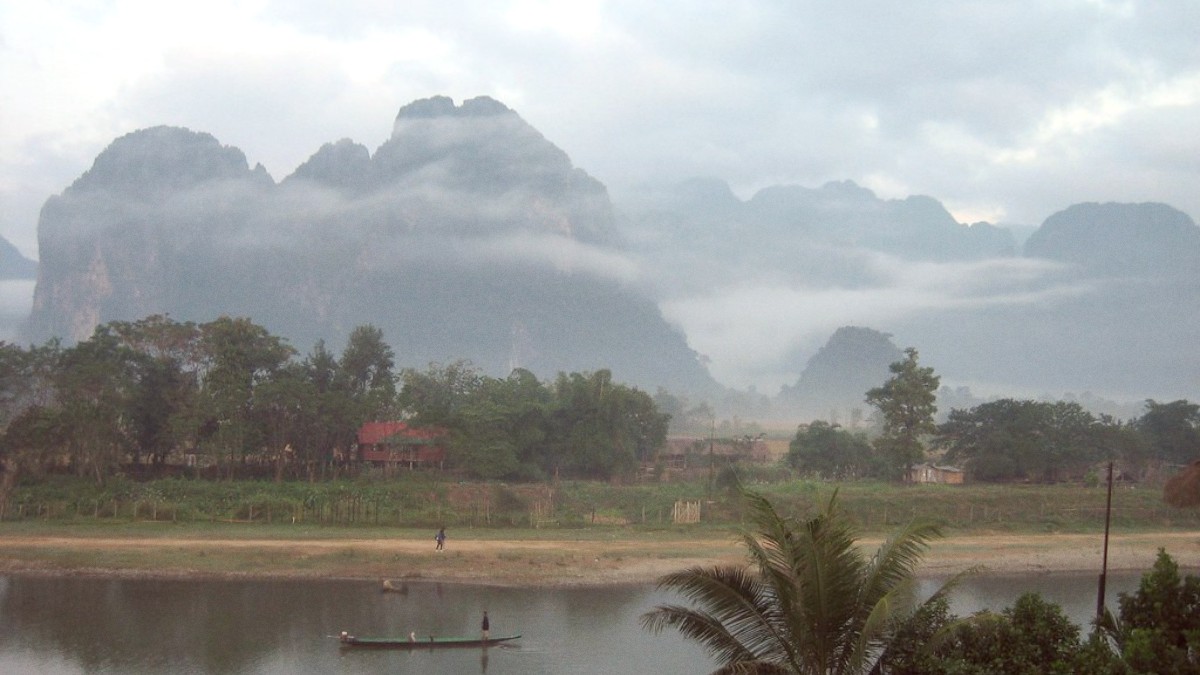
Northern Laos, Laos
Vang Vieng is surrounded by karst mountains and the Nam Song River. Formal protected areas are limited, yet individual operators promote eco-tourism.
Waste management forms a challenge in Laos. Littering is common. Recycling infrastructure is minimal or absent in many places.
Water resources can be strained, especially during the dry season. Use water sparingly during your stay, taking shorter showers.
Your travel choices influence the local environment. Engage in thoughtful practices.
Minimize your plastic consumption during your trip. Every effort makes a difference.
Consider purchasing carbon offsets for your international flights to Laos. This helps mitigate the environmental impact of your air travel.
Look for accommodations that present environmental awareness and implement sustainable practices.
Choose tour operators that emphasize responsible practices. They try to minimize environmental impact and support local communities.
Support local crafts and businesses. This helps preserve traditional skills and economic opportunities. Support global conservation initiatives through organizations like The Rainforest Site.
Always ask before taking photos of individuals, especially monks. Be mindful of dress and behavior. Keep noise levels down.
Your thoughtful choices contribute to preserving this special destination for future generations.
Your spending choices directly influence the local economy. Make choices that benefit the community.
Some local tour operators partner with villages for cultural visits. These initiatives see some revenue from tourism directly benefiting the community.
Seek out local markets and independent vendors. Purchase directly from artisans if possible to help them receive fair compensation.
Conscious choices help prevent unintended negative outcomes and exploitation.
Avoid activities that exploit animals, like unethical elephant tourism. Consider animal welfare when choosing activities.
Do not buy or sell illegal wildlife products.
Do not give money directly to children. This practice can encourage begging and potentially deter school attendance.
If you wish to contribute to local causes, do so through established and reputable local charities or Non-Governmental Organizations (NGOs). They steer donations to those in need effectively and sustainably, supporting long-term community development.